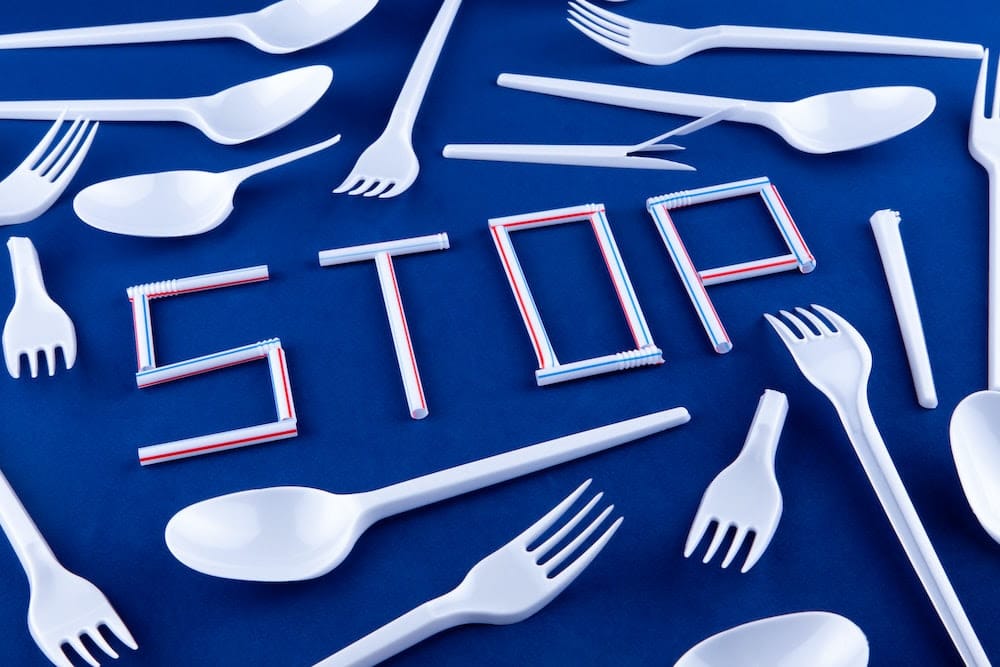
All plastic and polystyrene cutlery, plates, cutlery, single-use plastic bowls and trays and certain types of cups, will also be banned, especially at vending machines, restaurants, hotels and in the take-out of food.
This decision was made following a public consultation, which showed strong support for eliminating the market for these utensils.
According to the latest figures, England consumes 2.7 billion single-use cutlery a year and only 10% is recycled.
In the event that companies fail to comply with the ban, they will be fined, and in case of repeated violations, a criminal penalty may apply.
“I am proud of our efforts” to limit plastic pollution and protect the oceans, Environment Minister Therese Coffey said, citing the ban on plastic microbeads, straws, grommets and cotton swabs.
Therese Coffey added that billing for plastic bags has caused their sales to drop 97% in major supermarkets.

However, the measure will not apply to plates, trays and bowls used as packaging in “self-service prepackaged dishes and foods”.
At 10 Downing Street, they are considering new measures for wipes, coffee filters and sachets.
Greenpeace said bravo to this English decision, but estimated that «we are flooded by plastic and this decision is equivalent to taking a mop instead of turning off the tap».
In a statement to the press, Greenpeace adds that «we need the government to adopt a significant strategy to reduce plastics with objectives and reuse systems» of containers.“It’s time to stop playing into lobbyists, promote false solutions, and dump our plastic waste in countries that are least involved in the climate crisis,” she says.
It is important to note that the utensils targeted by the English government have already been banned in the European Union since July 2021. If the British had stayed in Europe, more than six billion plastic products would not have been thrown into the oceans of the world.




